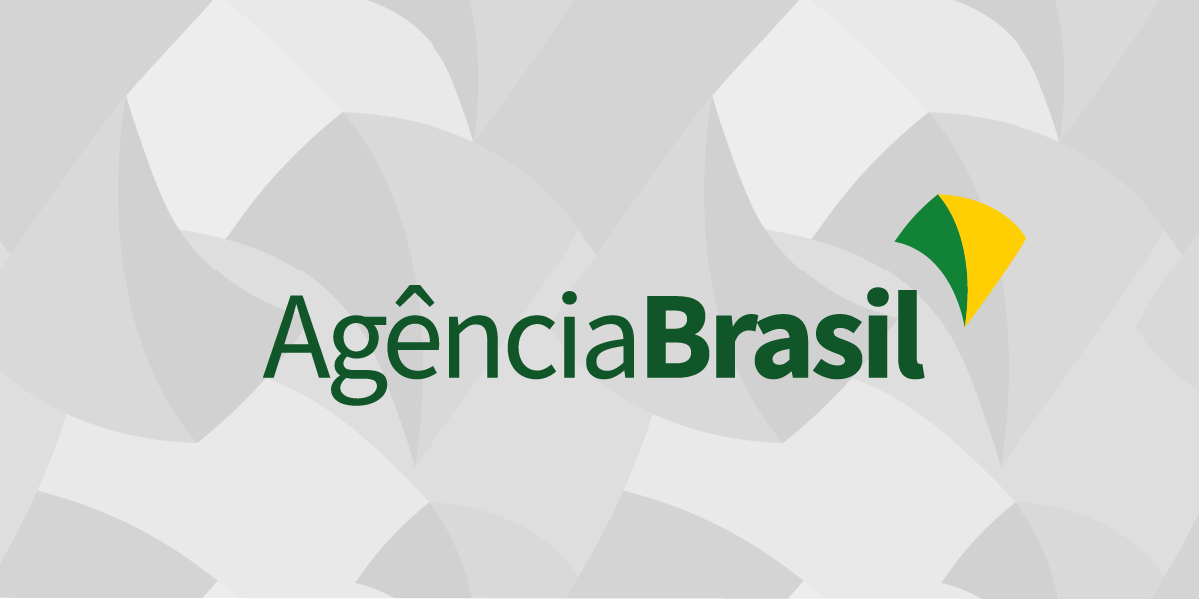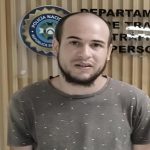The National Council for the Rights of Children and Adolescents (Conanda), a collegiate body linked to the Ministry of Human Rights and Citizenship, published this Friday (17) a manifesto in repudiation of the statement by the president of the Central Bank, Roberto Campos Neto, on the possible child labor situation. Campos Neto’s statement was given in an interview with Roda Viva, on TV Cultura, on the 13th. 
At the time, the president of the BC, who spoke about the advantages of the PIX, said he was moved when he was in a restaurant and a “boy” approached him to sell him a “product” and even offered the possibility of payment through the transaction technology platform financial.
“I said: ‘Does the Pix help your life?’ He said: ‘Pix changed my life’. People who are in BC sometimes don’t have the perception of how we manage to impact people’s lives at the end. Our social agenda is very important”, said Campos Neto . For Conanda, the seriousness lies in the fact that the BC president ignored a possible situation of child labor.
“What strikes our eyes is not the ease of payment, but the fact that there was a child in a situation of child labor – and in one of its worst forms – who approached a citizen whose step was not to report it to the law enforcement agencies. protection, but to encourage the practice, not only by buying the ‘kid’ product but praising him for the ‘initiative'”, says an excerpt from the note, which is signed by Ariel de Castro Alves and Marina de Pol Poniwas, respectively president and vide from Conanda.
“We hope to contribute to the end of the naturalization of child labor in Brazil and we ask Bacen to adopt measures to guarantee, protect and defend the human rights of children and adolescents, in particular to combat child labor”, concludes the manifestation.
Created in 1991 by the Statute of Children and Adolescents (ECA), Conanda’s function is to supervise actions and develop norms and guidelines to ensure the protection of the rights of children and adolescents in the country. It is composed on an equal basis by nine representatives of civil society organizations and nine representatives of the Executive Branch.
The agency’s attributions include overseeing actions to promote the rights of children and adolescents carried out by governmental and non-governmental organizations; definition of guidelines for the creation and operation of State, District and Municipal Councils for the Rights of Children and Adolescents and Tutelary Councils; stimulation, support and promotion of the maintenance of databases with information on childhood and adolescence; monitoring the preparation of the Union’s budget for this area, management of the National Fund for Children and Adolescents (FNCA) and holding of the National Conference on the Rights of Children and Adolescents.















